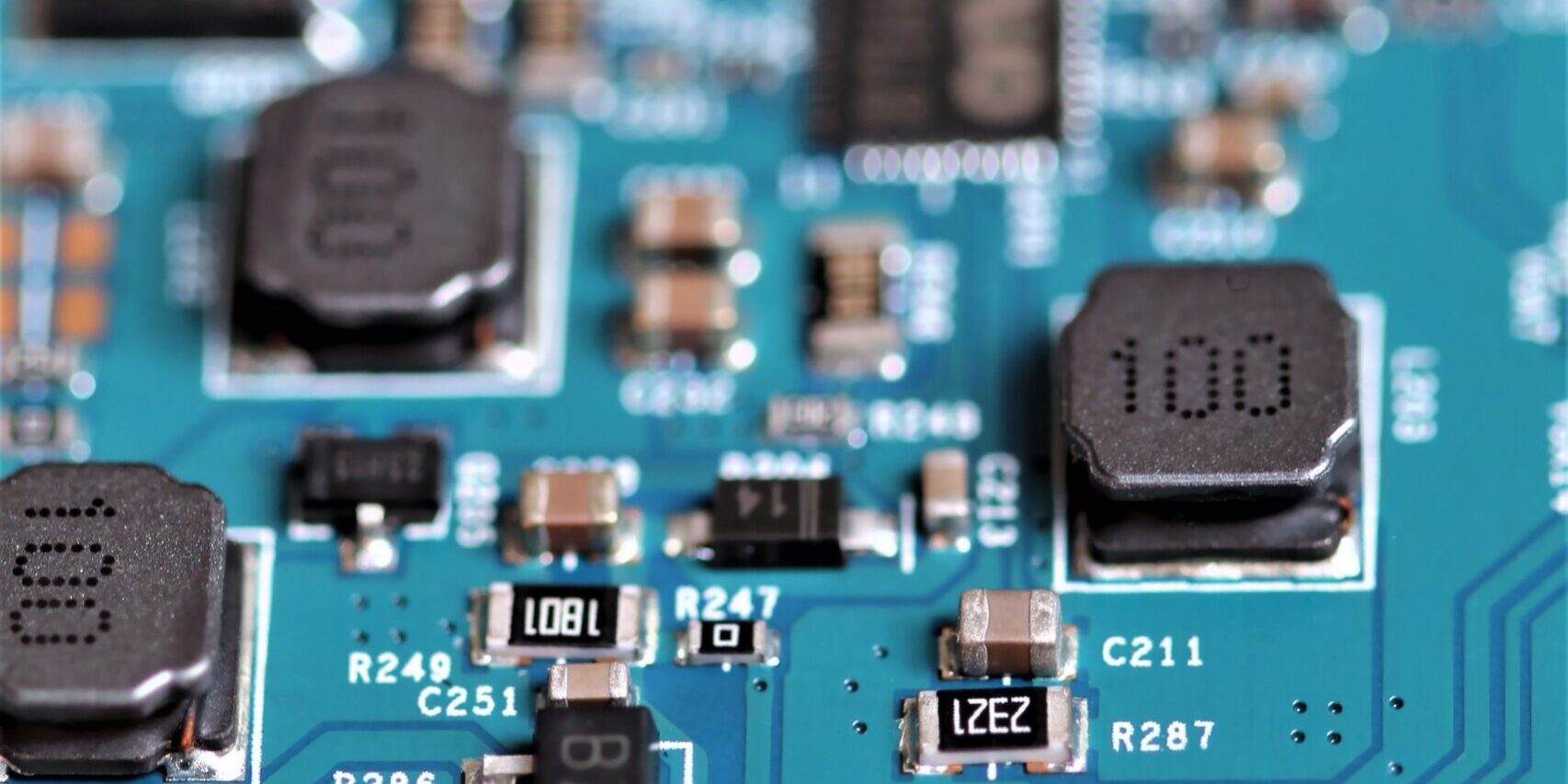In a significant development aimed at bolstering bilateral high-tech exchanges, South Korea and the Netherlands have announced the formal establishment of a “chip alliance.” This partnership holds great promise for advancing semiconductor cooperation, aligning with U.S. President Joe Biden’s efforts to diversify the global supply chain, reducing dependence on China.
South Korea’s first deputy director of the National Security Office, Kim Tae-hyo, made this announcement during a news conference in Amsterdam, emphasizing their intent to achieve “exceptional cooperation in the semiconductor field” and jointly address “semiconductor supply chain crises.” The joint statement will officially include the term ‘chip alliance.’
This announcement coincided with South Korean President Yoon Suk Yeol’s four-day state visit to the Netherlands, with Yoon set to meet his Dutch counterpart later in the week.
The ‘chip alliance’ is already taking shape, with South Korea’s Samsung Electronics and the Netherlands’ ASML signing a memorandum of understanding (MOU) for a joint investment of US$760 million (1 trillion won). This investment will establish a cutting-edge semiconductor manufacturing technology R&D center in South Korea—a significant milestone, as it marks ASML’s first R&D center with a foreign semiconductor manufacturing company.
South Korea is renowned for its semiconductor manufacturing prowess, while the Netherlands excels in equipment and materials sectors. This collaboration between the two nations holds immense potential for impacting the global semiconductor market.
During his state visit, President Yoon was accompanied by key figures from South Korea’s semiconductor giants, including Jay Y. Lee of Samsung Electronics and Tae-won Chey of SK Hynix. The visit included a tour of ASML’s clean room—an unprecedented move, signifying the strength of the bilateral relationship centered on semiconductor cooperation.
South Korea anticipates that this MOU will provide its semiconductor giants with a competitive edge in the global market, supporting the Washington-led initiative to establish an alternative supply chain.
While specifics of the joint investment remain undisclosed, it is expected to focus on securing technological superiority in the field of 2-nanometer technology.
In a separate development, South Korea’s trade ministry and the Dutch foreign ministry signed an MOU for the establishment of a ‘Semiconductor Academy.’ This initiative will enable South Korean students and professionals to receive training at ASML’s headquarters and Eindhoven University of Technology.
These collaborative efforts between South Korea and the Netherlands align with President Biden’s strategy to create a global supply chain alternative, strengthening tech cooperation among democratic nations like South Korea, the Netherlands, Japan, and Taiwan. Reducing reliance on Chinese components and resources is viewed as a risk mitigation measure, given China’s entwining of politics and economics.
The ‘chip alliance’ signifies a step towards a more diversified and resilient global supply chain ecosystem.







